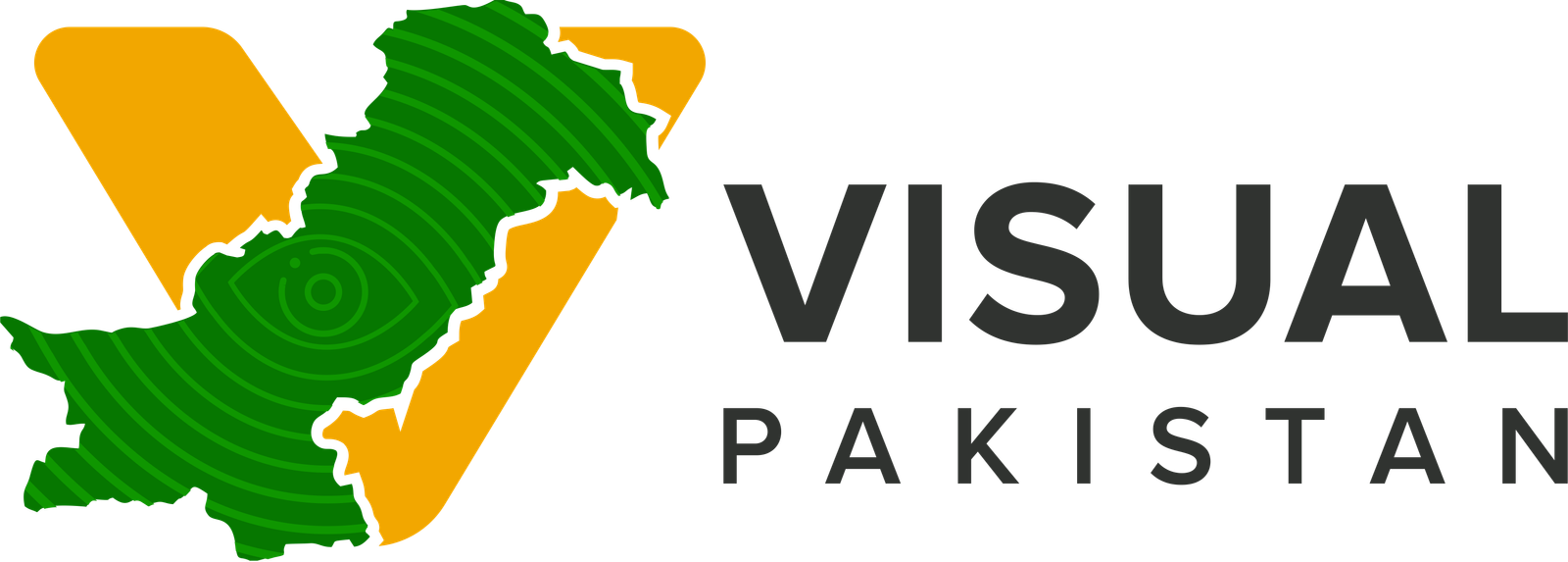Pakistan, a country known for its rich history, diverse culture, and vibrant economy, is home to numerous cities spread across different provinces. Each city has its own unique identity, contributing to the nation’s heritage and economic growth. From bustling metropolitans like Karachi and Lahore to historical cities like Multan and Peshawar, Pakistan’s urban landscape is vast and dynamic. Many people often ask, “How many cities in Pakistan are officially recognized?” Let’s explore the details.
Table of Contents
ToggleHow Many Cities in Pakistan?
One of the most frequently asked questions about the country’s geography is, “How many cities in Pakistan are there?” The answer varies based on classification. Officially, Pakistan has more than 150 cities, ranging from small towns to large metropolitan hubs. However, if we consider both urban and rural settlements, the number increases significantly. According to the Pakistan Bureau of Statistics (PBS), the country has over 630 urban centers, including cities, towns, and municipalities.
Difference Between Cities, Towns, and Villages
- City: A highly developed and populated area with major infrastructure, industries, and administrative setups. (e.g., Islamabad)
- Town: A smaller urban settlement with basic facilities but less economic activity than a city. (e.g., Murree)
- Village: A rural area with limited infrastructure, usually based on agriculture. (e.g., villages in Tharparkar)
Major Cities of Pakistan
To answer the question, “How many cities in Pakistan are significant in terms of population and economy?”, let’s look at some of the major ones:
- Karachi – The largest city and financial capital
- Lahore – The cultural heart of Pakistan
- Islamabad – The capital city, known for its modern infrastructure
- Faisalabad – The textile hub of Pakistan
- Rawalpindi – A major military and commercial center
- Multan – The “City of Saints,” rich in Sufi history
- Peshawar – A historic city and gateway to Central Asia
- Quetta – The largest city in Balochistan, known for its unique culture
Provincial Distribution of Cities in Pakistan
Another way to understand how many cities in Pakistan exist is by looking at their distribution across provinces:
Cities in Punjab
Punjab is Pakistan’s most populous province, with over 90 cities. Major cities include:
- Lahore (Cultural and political center)
- Faisalabad (Industrial hub)
- Rawalpindi (Military headquarters)
- Multan (Historical city)
- Gujranwala, Sialkot, Bahawalpur, and Sargodha
Cities in Sindh
Sindh has over 30 cities, with Karachi as its largest metropolis. Other important cities include:
- Hyderabad (Second-largest city in Sindh)
- Sukkur (Famous for the Sukkur Barrage)
- Larkana (Birthplace of political leaders)
- Mirpurkhas, Nawabshah, Thatta, and Jacobabad
Cities in Khyber Pakhtunkhwa (KPK)
KPK has about 40 cities, with key ones including:
- Peshawar (Capital and historical city)
- Mardan (Second-largest city in KPK)
- Abbottabad (Tourist destination)
- Swat, Bannu, Kohat, and Charsadda
Cities in Balochistan
Balochistan, Pakistan’s largest province by area, has around 20 major cities. Important ones include:
- Quetta (Provincial capital)
- Gwadar (CPEC trade hub)
- Khuzdar, Turbat, and Chaman
Cities in Gilgit-Baltistan & Azad Jammu & Kashmir
This region consists of 10+ cities known for their natural beauty and strategic importance:
- Gilgit (Capital of Gilgit-Baltistan)
- Skardu (Tourism hotspot)
- Muzaffarabad (Capital of AJK)
Largest and Most Populated Cities in Pakistan
Based on population statistics, the top 5 largest cities are:
- Karachi – 20+ million people
- Lahore – 12+ million people
- Faisalabad – 3+ million people
- Rawalpindi – 2.5+ million people
- Multan – 2+ million people
These cities serve as economic powerhouses and attract people from rural areas for better job opportunities and lifestyles. If you’re wondering how many cities in Pakistan are growing rapidly, keep reading.
Smallest Cities in Pakistan
While Pakistan has many large cities, it also has smaller ones with populations below 100,000 people. Examples include:
- Zhob (Balochistan)
- Chitral (KPK)
- Jhang (Punjab)
Historical Cities of Pakistan
Some cities have a deep historical and cultural significance, dating back thousands of years:
- Multan – City of Sufi saints and shrines
- Peshawar – One of the oldest cities in South Asia
- Lahore – Home to Mughal-era architecture
- Taxila – Ancient Gandhara civilization site
Fastest Growing Urban Areas
Pakistan is experiencing rapid urbanization, with some cities growing at an exponential rate:
- Gwadar – Due to CPEC developments
- Islamabad – Expanding due to migration and real estate investments
- Bahria Town, DHA Cities, and New Housing Societies – Attracting new urban populations
Economic and Industrial Hubs
Certain cities play a crucial role in Pakistan’s economy:
- Karachi – Financial capital with Pakistan’s largest port
- Faisalabad – Textile industry center
- Sialkot – Famous for sports and surgical equipment exports
- Gujranwala – Known for engineering and manufacturing
Tourist-Friendly Cities in Pakistan
Pakistan is home to several tourist-friendly cities that attract both local and international travelers:
- Islamabad – Modern infrastructure with beautiful landscapes
- Murree & Swat – Top hill stations
- Skardu & Hunza – Adventure tourism destinations
- Lahore – Cultural heritage and food paradise
Conclusion
The question “How many cities in Pakistan are there?” is often asked by researchers, students, and travelers. While Pakistan officially has more than 150 cities, its urban centers are rapidly expanding. As the country moves towards greater urbanization, cities like Gwadar and Islamabad are emerging as future economic powerhouses.


